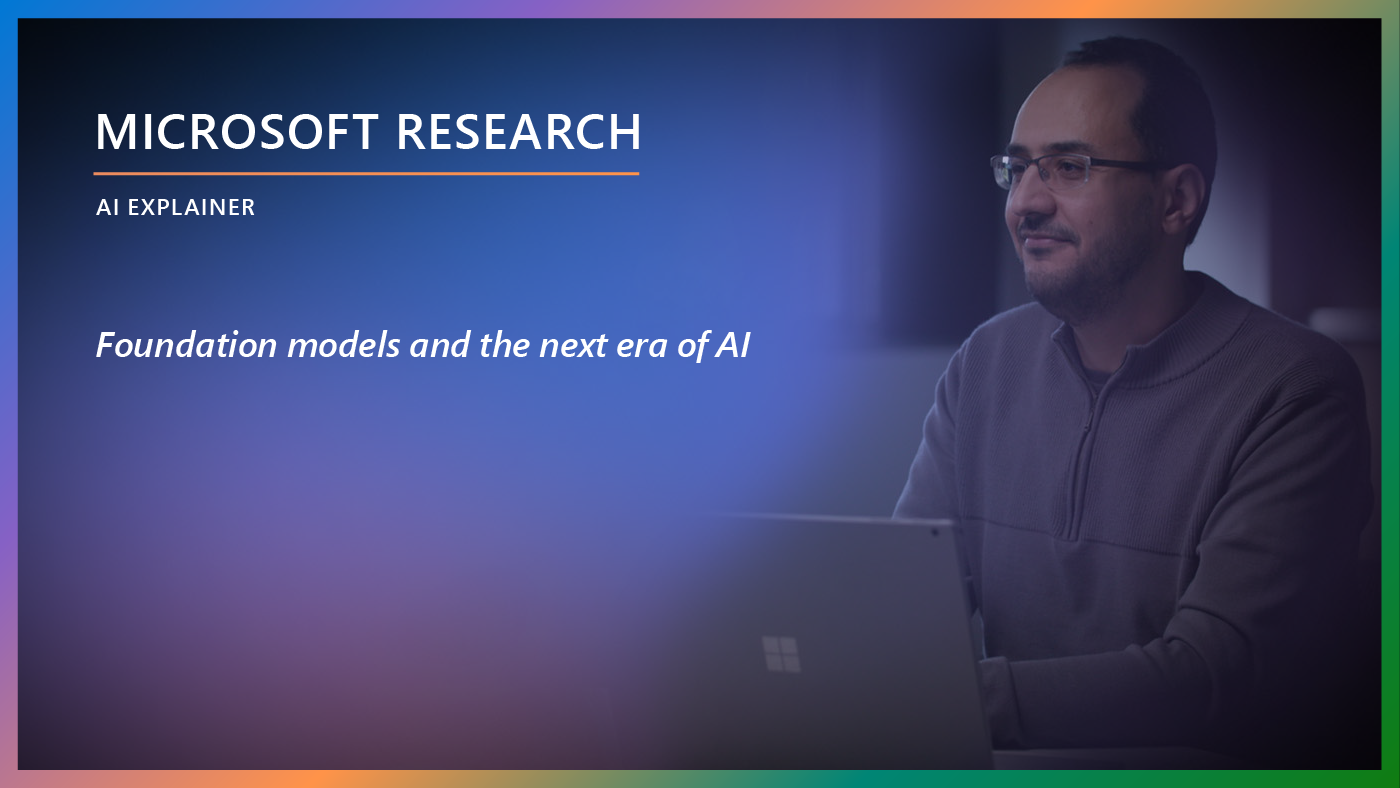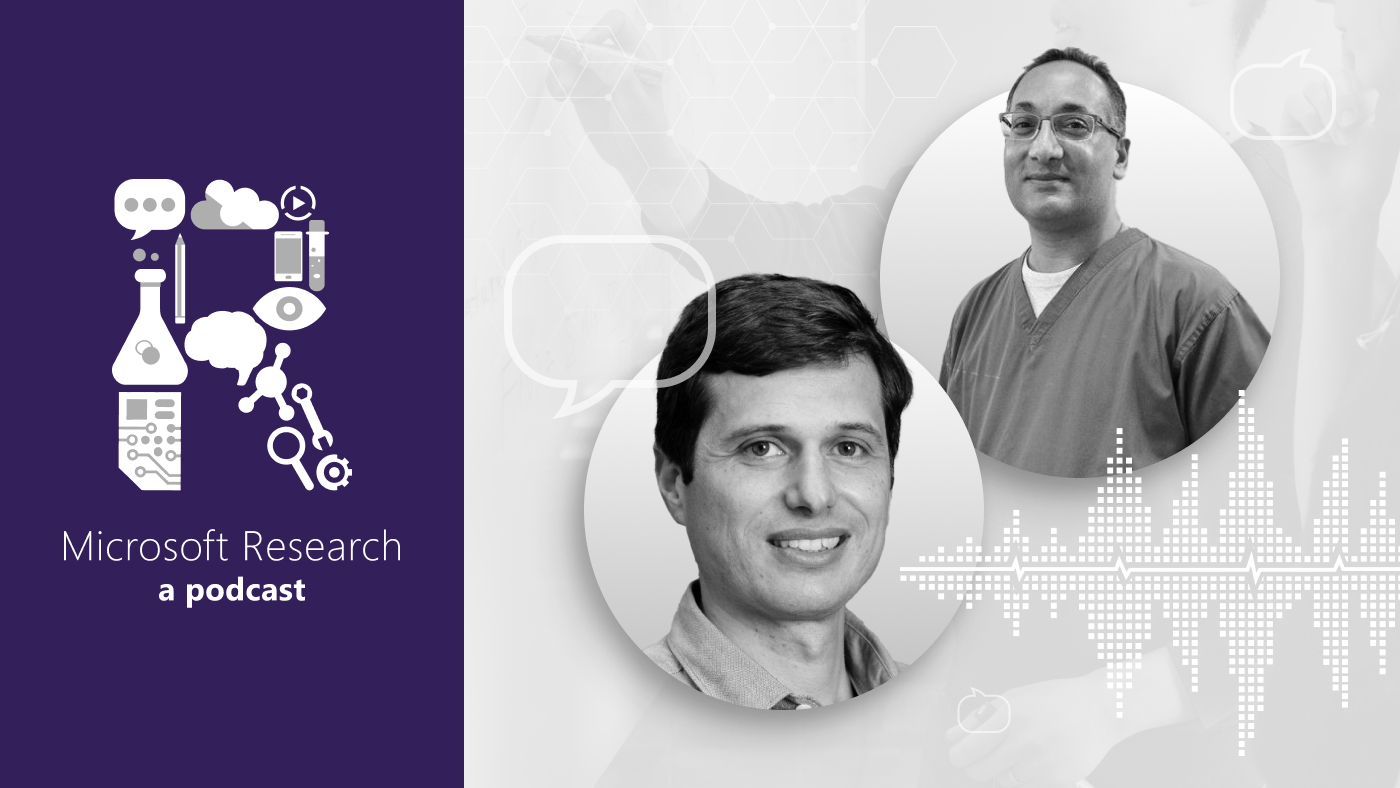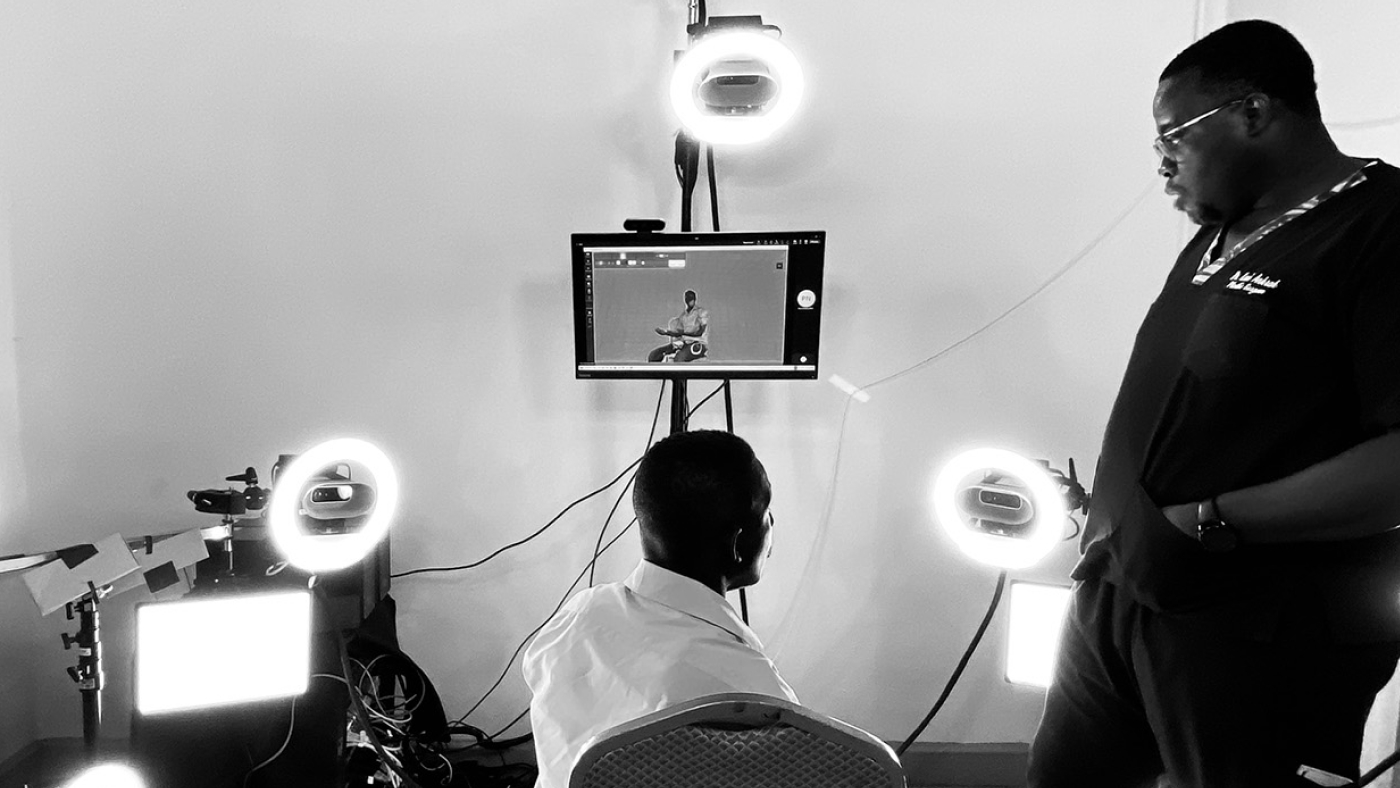By Scarlet Schwiderski-Grosche, Senior Research Program Manager
Pivoting from the Old World charm of High Tea to contemplating a dystopian AI-dominated future was among the many experiences facing more than 80 doctoral students at the PhD Summer School, held July 4–8 in Cambridge, England.

Spotlight: On-demand video
Each year the Microsoft Research Cambridge Lab brings together tech luminaries and researchers with PhD students from research institutions across the EMEA (Europe, Middle East, Africa) region to learn not only about the latest innovations in computing, but also to explore other parts of a successful researcher’s toolkit such as communicating their research or gaining a deeper insight into the social and economic impacts of advancing technology.
Diverse student body
Hailing from 36 research institutions spanning 10 countries in Europe, the Middle East and Africa, the students brought huge diversity to the Cambridge Lab, not just in terms of national origin and culture, but also in their research backgrounds, which extended beyond computer science and engineering into the realms of design and various natural and social sciences. The event’s attendees included recipients of Microsoft Research PhD Scholarships, along with students working with our EMEA Joint Research Centres, collaborating on Microsoft Azure for Research projects or otherwise partnering with Microsoft Research Cambridge.
Keynotes
Speaking on the “The Evolution of Innovation,” keynote speaker Hermann Hauser talked about the increasing speed of innovation and how computing has advanced through six waves beginning with the mainframe. Hauser, co-founder of Amadeus Capital, delighted the audience with an astute analysis of the innovations underlying each of the subsequent waves, culminating with the internet of things and machine learning. Hauser expressed his concern over the potential perils of AI and pointed to the new Centre for the Study of Existential Risk at University of Cambridge as he encouraged students to engage in the AI debate.
AI opportunities and concerns were reflected later in the week by Cambridge Lab Director Christopher Bishop. “New developments in machine learning, coupled with exponential growth in both data and processing power, suggest the time may be ripe to take the next steps towards this elusive goal,” Bishop said referring to the goal of creating a machine with human-level or super-human intelligence.
Talks
On the more practical side of machine learning and AI, Cambridge Lab researcher Katja Hofmann and her team in the Machine Intelligence & Perception group presented a talk and demo on Project Malmo. Malmo is a sophisticated AI experimentation platform built on top of Minecraft and designed to support fundamental research in artificial intelligence. Malmo received much attention recently after the code was released as open-source. In just the first week, thousands of users downloaded the open source software and more than 100,000 people viewed the project page.
Alison Noble, Professor in the Department for Biomedical Engineering at the University of Oxford, explained how her team uses machine learning in computer vision techniques to acquire and interpret ultrasound diagnostic data. Noble showed how her research is increasing both the usability and accuracy of ultrasound in the hands of non-experts, an important step as devices become cheaper, smaller and more portable.
Scientist Sara-Jane Dunn of the Cambridge Lab’s Biological Computation Group spoke about how cells could be “reprogramed” to induce an adult cell back to its stem cell like state. Such understanding could help develop better cell therapies and regenerative medicines.
Other Summer School talks centered on somewhat more practical issues such as optimizing the efficiency of datacenters and making computer programs and Internet communication more secure.
Demos
![]()
The Summer School really came to life at DemoFest where students learned about some of the most compelling developments from all five research groups at the Cambridge Lab. There were two health and well-being related demos: the Biological Computation Group demonstrated in-house experimental facilities that had recently become operational, illustrating how computational modelling, experimental protocols and lab automation will be used in this wet lab to advance the programming of biological systems. And, the Human Experiences & Design group presented Project Torino, a physical programming language inclusive of blind children.
Another demo was micro:bit, a pocket-sized, codeable computer that allows children to get creative with technology. Developed by the BBC and partners, including Microsoft, the project provides up to 1 million free micro:bits to every 11- or 12-year-old child across the UK. The demo featured a remote controlled car project from Lancaster University as well as a number of projects from Microsoft Research.
Applying for PhD scholarships
Microsoft Research PhD Scholarships support collaborative research projects between EMEA-based academics and researchers in the Cambridge Lab. Scholarships are awarded per a variety of criteria including how proposals relate to current focal areas of the Cambridge Lab. See the PhD Scholarship site for full details.
Prospective PhD supervisors submit applications via their academic institution. Applications are then peer reviewed and approximately 20 projects are selected for funding. PhD students are appointed to the selected projects and begin their research in the following academic year under the supervision of their academic supervisor and, with co-supervision from the Cambridge Lab researcher.
The online submission tool for the 2017 PhD Scholarship Program opens September 1 and submissions will close September 26, 2016.
Learn more





